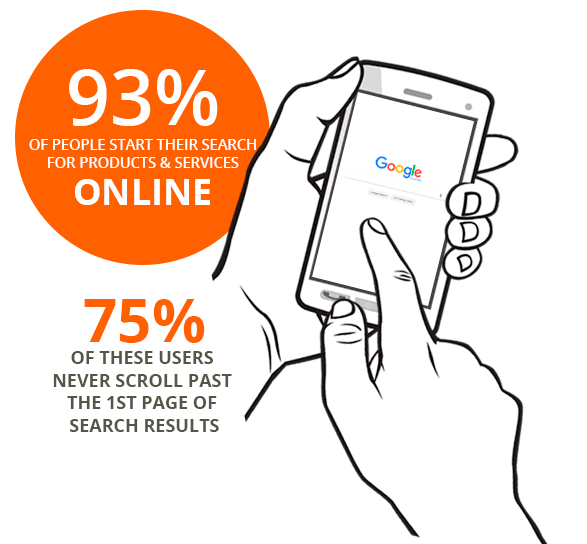Lead Generation Marketing
Lead generation is the process of identifying and attracting potential customers who may be ready to buy now or in the future.
Marketing is the process of teaching those people why they should choose your product or service over those of your competitors.
Lead generation strategies can be broadly divided into inbound and outbound approaches.
Inbound tactics attract potential customers by offering valuable content and meaningful experiences, while outbound methods actively reach out to prospects.
INBOUND LEAD GENERATION:
Social Media Marketing
Landing Pages
Creating focused web pages designed to capture leads and convert visitors.
OUTBOUND LEAD GENERATION:
Direct Mail
Sending physical print material to potential customers.
Cold Calling
Directly contacting potential customers via phone.
Advertising
Running paid advertisements in various channels (online, print, etc.).
Networking
Attending industry events and connecting with potential customers in person.
Referral Programs
Encouraging existing customers to refer new business.
We understand that without traffic (visitors), your website will not make money for your business..
SEO is more than just Google ranking. It’s about converting visitors to your site into customers.
The best SEO practices help your customers find you, not just on Google, but also on social media and local websites.

When it comes to marketing, it is so important for businesses to put a marketing strategy in place.
Our media team specialise in not only traditional marketing, but also digital, social media, and search engine marketing.
Reactive Marketing.
Reactive marketing is the most common approach in this day and age. It is a “reaction” to the marketing of your competitors.
For example, if your competitor offers a sale, you decide to have your own sale. Simply undercutting their price or changing their product/service slightly, and calling it your own.
It is easy for any company to be reactive, that’s why it’s so popular.
Proactive Marketing.
Proactive marketing requires you to do something a bit more creative and original with your marketing. Proactive marketing campaigns are campaigns that do not mirror the campaigns of your competitors. They are thinking outside of the square ideas.
Proactive marketing, on the other hand, is a lot more work, but the return on investment and marketing share can be much higher.
Proactive thinkers control the world around them. Reactive thinkers are always one step behind, scrambling to fulfil a requirement.
Define your target market.
Your target market can change from one year to the next and if you’re not watching carefully, sales can drop as a result.
Don’t put all your eggs in one basket.
Do the free stuff.
Try something new.
Never forget SEO.